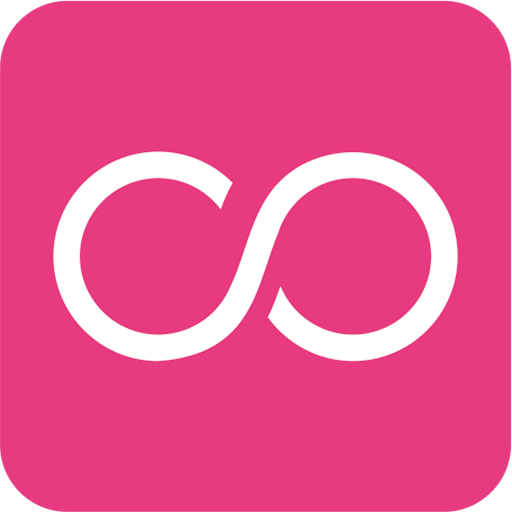Learning to code is an empowering journey that opens up a world of opportunities, from developing software and websites to solving complex problems in various fields. However, for beginners, the process can seem daunting. Here’s a comprehensive guide on how to start learning to code.

1. Understand Why You Want to Learn to Code
Before diving into coding, it’s crucial to understand why you want to learn. Are you aiming to build a career in software development, automate tasks, create websites, or simply explore a new hobby? Your goals will influence the languages and resources you choose.
2. Choose the Right Programming Language
There are many programming languages, each with its strengths and applications. Here are some beginner-friendly options:
– Python: Known for its readability and simplicity, Python is great for beginners. It’s widely used in web development, data analysis, artificial intelligence, and scientific computing.
– JavaScript: Essential for web development, JavaScript is used to create interactive websites. It’s a versatile language that runs in all web browsers.
– Ruby: Another beginner-friendly language, Ruby is known for its straightforward syntax and is used in web development with the Ruby on Rails framework.
– HTML/CSS: While not programming languages, HTML and CSS are essential for web development, allowing you to create and style web pages.
3. Start with Online Resources
The internet is filled with free and paid resources to help you learn coding. Some popular options include:
– Codecademy: Offers interactive courses on various programming languages.
– freeCodeCamp: Provides a comprehensive curriculum with hands-on projects.
– Coursera and edX: Partner with universities to offer courses on programming and computer science.
– YouTube: Channels like “Traversy Media” and “The Net Ninja” offer excellent tutorials.
4. Use Interactive Learning Platforms
Interactive platforms are particularly effective for beginners. They offer exercises that provide instant feedback, helping you learn by doing. Here are some highly recommended platforms:
– LeetCode and HackerRank: Focus on algorithm challenges that improve your problem-solving skills.
– Khan Academy: Offers interactive lessons in programming basics.
– Codewars: Provides coding challenges that range in difficulty and cover multiple languages.
5. Read Books and Documentation
Books and official documentation can deepen your understanding of programming concepts. Some classics include:
– “Automate the Boring Stuff with Python” by Al Sweigart: Great for beginners looking to use Python for practical tasks.
– “Eloquent JavaScript” by Marijn Haverbeke: A thorough introduction to JavaScript.
– “You Don’t Know JS” by Kyle Simpson: A series that dives deep into JavaScript.
6. Practice Regularly
Consistency is key in learning to code. Set aside time each day to practice coding. Start with small projects and gradually take on more complex challenges. Building projects is one of the best ways to apply what you’ve learned and understand how different concepts fit together.

7. Join Coding Communities
Being part of a community can provide motivation, support, and valuable feedback. Participate in forums like Stack Overflow, and Reddit’s r/learnprogramming, or join local coding meetups and online communities. Engaging with others can help you solve problems faster and learn new perspectives.
8. Work on Projects
Applying your skills to real-world projects solidifies your learning. Start with simple projects like a personal website or a basic calculator, then move on to more complex ones like a blog platform or a game. GitHub is an excellent platform to host your projects and collaborate with others.
9. Learn Version Control
Understanding version control systems like Git is essential for modern programming. It allows you to keep track of changes, collaborate with others, and manage project versions. Resources like “Pro Git” by Scott Chacon and Ben Straub and tutorials on GitHub can get you started.
10. Seek Feedback and Iterate
Feedback is crucial for improvement. Share your code with more experienced developers and be open to constructive criticism. Platforms like GitHub, coding bootcamps, and mentorship programs can provide valuable insights.
11. Stay Updated and Keep Learning
Technology evolves rapidly, and so should your skills. Follow industry news, subscribe to coding blogs, and take advanced courses to stay updated. Continuous learning is part of a coder’s life.
Starting your coding journey may seem overwhelming, but with the right approach and resources, you can steadily progress. Remember, every expert was once a beginner. By setting clear goals, choosing the right language, practicing consistently, and engaging with the coding community, you can unlock the immense potential that coding offers.

